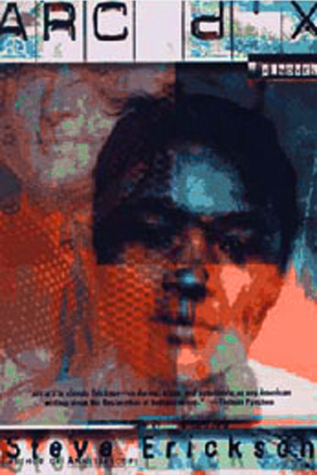What do you think?
Rate this book


298 pages, Paperback
First published January 1, 1993
It had found an ideal host in Sally’s purity, which was as marked by chaos and desire as it was devoid of guile or malice, the pure folly of a will for transcendence that at the same moment never understood the nature of what was to be transcended…
Just as the white ink of my loins has fired the inspiration that made it, so the same ink is scrawled across the order of its extinction. The signature is my own. I’ve written its name. I’ve called it America.
That was the secret of Fleurs d’X, Wade told himself, sipping his third, well maybe it was his fourth, whiskey: that you believe, as you step into doors that are entrances or doors that are pictures of doors, that you’re stepping into the dream of Fleurs d’X until one night, your lucky night, you understand you’ve been stepping in and out of your own dream all along, and that everyone else was stepping in and out of your dream as well.
 come to my blog!
come to my blog!